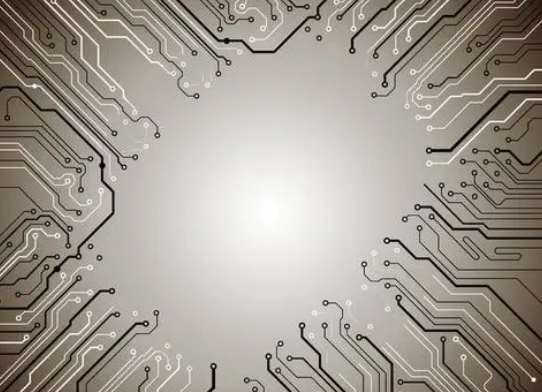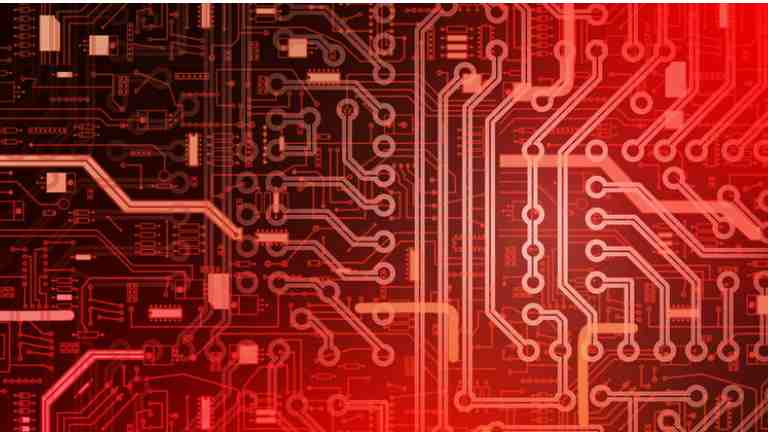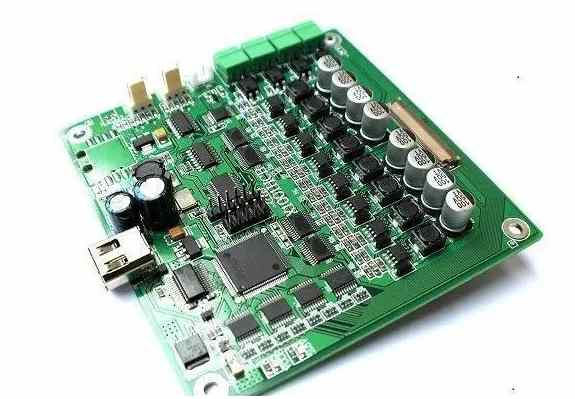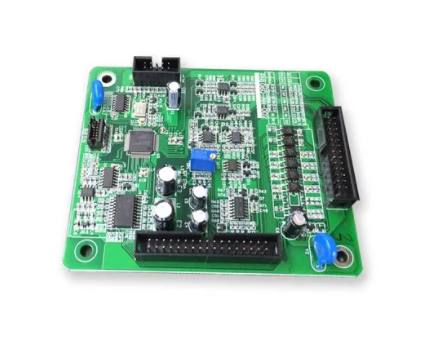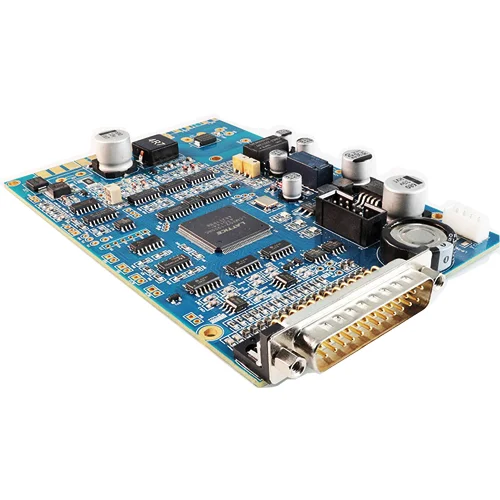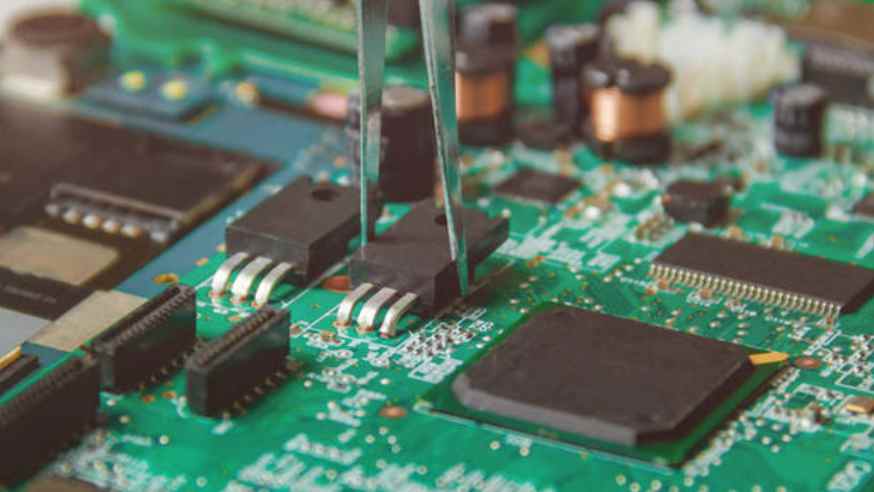
Kerf is the operation of trimming or trimming sheet parts or film components with the heat energy of laser beam or the mechanical force of blasting sand beam. The former is also known as Laser trimming.
2. The Key Board is the key board
The former refers to the Computer instruction input key system, the latter refers to such "key assembly" in the circuit board. It is usually only used with single or dual panels. Hand-held minicomputers also use keyboard boards, or even simple, thin, silver-paste printed circuit boards as Key boards.
3. Knoop Hardness
It is a special unit of "microhardness" of electroplated coatings. It is a small contact pressure probe (In-dentor) with a "long diamond pyramid cone" that is correctly pressed on the section of the coating to be measured under the aid of a microscope. The "Knope" hardness is determined by the length (d) of the volume line of the "long axis" and the weight of the load. The Angle of the long axis of the Knoop probe is 172°31 'and the Angle of the short axis is 130°. The test is usually weighted to 25 grams (from 1 to 100 gm). The indentation length of the long axis can be measured after the pressure test. It is calculated as :14230 P(weight added)MHK=─── d2 (length of major axis)
4. Liquid Dielectrics
With many dead corners of electronic components, or bulky electrical appliances, general solid insulation material is not easy to fill the dead corners, and where the need to be closely matched, such as high-voltage cables, transformers, small capacitors, can be filled with mineral oil, ethylene glycol and carbon chloride, as liquid insulation medium.
5. Local Area Network
Personal computers that are connected by a local network (e.g. within a company or a building) can perform more functions. It can also be connected to other external networks (such as public telephone networks, etc.), such a connected system is called a LAN system. PCS that need to be connected to the Internet need to be inserted with various Add-on cards, which are called LAN cards.
6, Lyophilic hydrophilic colloid
Refers to soluble in water and a suspended Colloid, in addition to hydrophobic or hydrophobic colloid is called Lyophobic.
7, Mean Time To Failure (MTTF) Mean time to failure
The term is used to describe the Reliability of various Devices or Parts. That is, under the same operating conditions, a group of abandoned or expendable parts (refers to the failure or failure of the abandoned without repair value), the average number of hours that have been used before the failure is called MTTF.
8. Mechanism
The idea expressed by this term is to treat the principles or processes of "chemical reactions" as if they were the principles of mechanical action, so they are called mechanisms. Notice that the stress is on the first syllable, not the second syllable like Mechanical, which a lot of people get wrong.
9. Micelle
Pseudo-colloid refers to a group of large, long, refined molecules containing hydrocarbon atoms with hydrophobic groups at the distal end. In water, they tend to aggregate to form a pseudo-colloid.
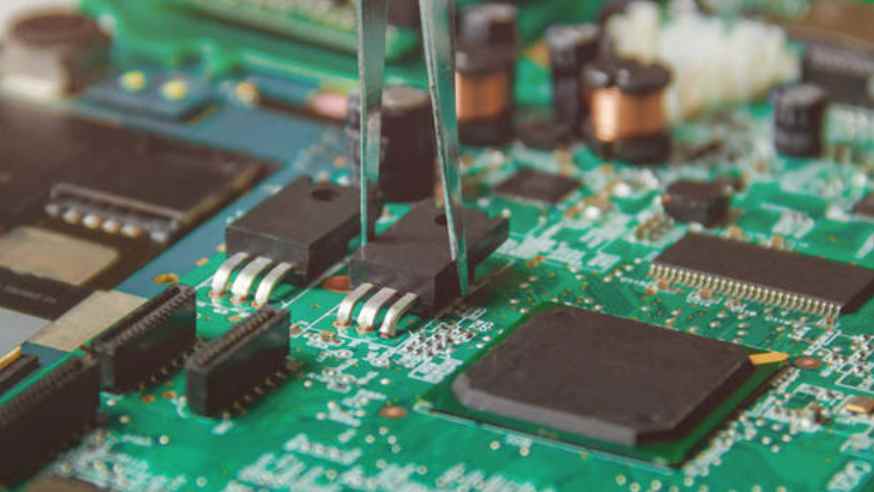
10. Microwave
Electromagnetic waves with wavelengths shorter than 300mm(12in) or frequencies higher than 1000 MHZ (1GHz) are called microwaves.
11, Modem
Is the computer or its terminal "Digital Signal "(Digital Signal), can be transferred on the transmission line (Analog Signal); At the same time, it can also convert the analog signal to the "digital signal" which can be accepted and processed by the computer. The equipment that can perform "modulation" and "demodulation" is called the Modem, which is commonly known as the "modem" in the information industry. Modem is a new word composed of the first two letters of Modulator and the first three letters of Demodulator. Current computer telephony and communication are carried out by this device.
12, Modification
An improvement in the function or composition of an existing product so that it can continue to be accepted under constantly updated environmental requirements and acceptable standards.
13. Module
Refers to a complete assembly system, can be separated locally secondary "assembly", called "module". Take the Memory Module of a computer as an example.
14, Mold Release agent, release agent
The inner wall of the mold is coated with a layer of wax, so that the object after the completion of the molding process is easy to remove the film with its assistance. This kind of chemical is called defilm agent. Or add some special wax material in the organic injection molding plastic, in the process of molding, it will gradually emerge and distribute on the surface of the body, so that it is easier to release the mold afterwards. Special waxes added to this plastic are also called release agents.
15. Mother Board Main board, mother board, host board
Originally refers to the main structure board in the large computer, other assembly board can be inserted in this board, as a kind of connecting use of circuit board, the through hole in order to withstand a variety of assembly board plugging and swapping, can only be jammed under the welding dead, so the aperture tolerance of the through hole is very strict, other kinds of quality standards are stricter than the general PCB, This type of Panel is also called a "Back Panel". However, since the rise of the personal computer, its host Board equipped with CPU and many parts is also called the Mother Board, the recent development of personal computers, almost only a major PCB, and this "host board" has long been more famous than the original meaning of the main board (Back Panel).
16, Newtonian Liquid
Sir Isaac Newton, a great British physicist, once derived the viscosity formula of a simple fluid material as μ= Shear Stress/Shear Rate. Some simpler fluids are called "ideal fluids" or "Newtonian fluids" that fully obey this formula, except that they are affected by changes in temperature. That is to say, a fluid whose viscosity μ changes only with temperature. For example, water, partially aqueous solution, organic solvent, or gas are all Newtonian fluids. Other liquids whose viscosity is not governed by this formula, such as ink, green paint, tin paste, etc., are called "Non-Newtonian liquids". These non-Newtonian fluids can be divided into four main categories: plastic, pseudoplastic, expansive, and Thixotropic (also known as shaking, or anti vertical).
17. N-Methyl Pyrrolidine(NMP)
It is a strong organic solvent, colorless liquid, ammonia odor, boiling point of 80.5℃, flammable, and exciting for the skin. It is often used for packaging semiconductor Molding Compound. The agent can soften and remove the Flush at the root of the bracket. The NMP also has another famous derivative solvent N-Methy1-2-Pyrrolidone under the trade name M-Pyrol. It is also used to remove the overflow of mold seals or to clean the inner wall of reaction vessels.
When two parts of a liquid are next to each other, if one part is water and the other part is an aqueous solution (such as salt water, sugar water... The two can be separated by a special polymer "Membrame". At this time, water molecules will pass through the "permeable film" and move to another part of the solution, but the solute molecules in the solution can not enter the water, this one-way permeable film is called "semi-permeable film", the phenomenon of water molecules moving in one direction is called "penetration". This physical phenomenon will continue, causing the liquid level of the solution to rise and the water level to fall, until the pressure difference between the two fluids is sufficient to prevent water from passing through, and equilibrium will be reached. The Pressure of this liquid level is called "Osmotic Pressure". This "osmosis" phenomenon also exists between two aqueous solutions of different concentrations. The skin of the root of the plant has this kind of "semi-permeable membrane", which allows the water in the ground to permeate into the body fluids of various conduits, and then with the capillary phenomenon of the plant itself, it can continue to transport water to the height. The above Osmsois is a natural phenomenon, but if the concentration of the solution part, the implementation of artificial extra pressure, will make the water molecules in the Reverse natural flow through the semi-permeable film, into the dilute concentration of liquid or water, this phenomenon is called "reverse Osmosis" or "reverse osmosis "(Reverse Osmosis for short). In fact, the simple term is "press filtration", similar to a cloth bag filled with a mixture of ground rice and water, pressurized out of the water is not uncommon. This RO process is often used in a variety of chemical engineering such as wastewater treatment, seawater desalination and food processing.


